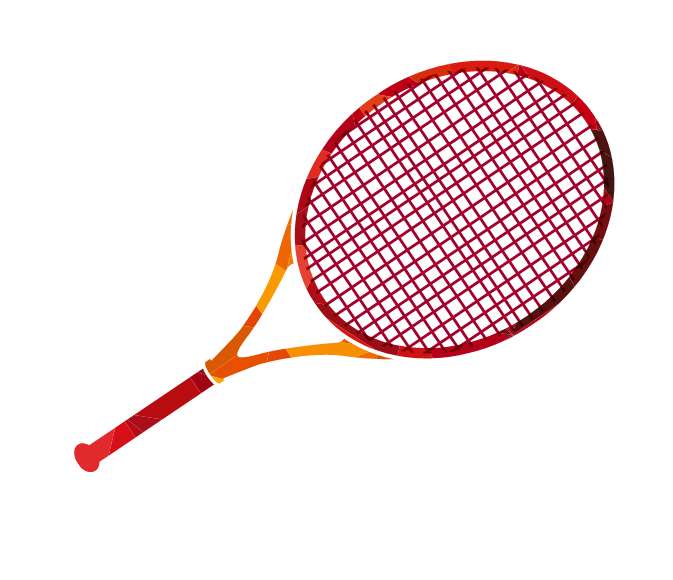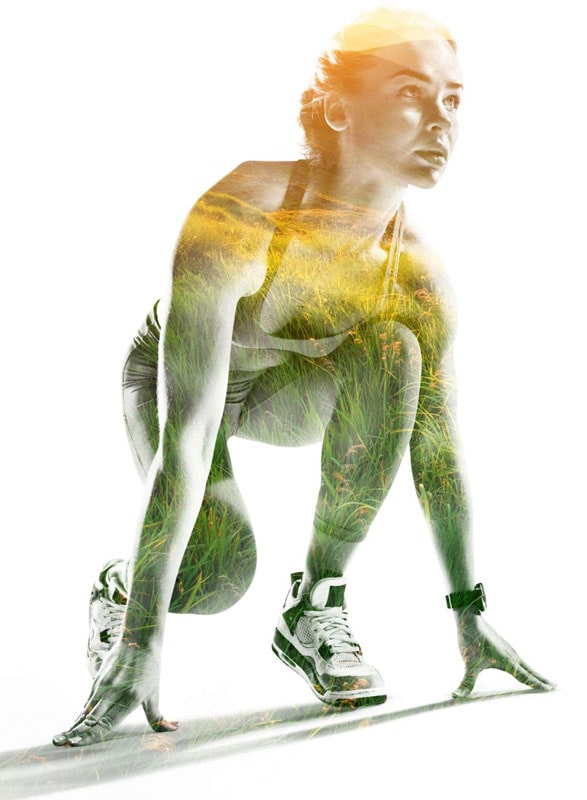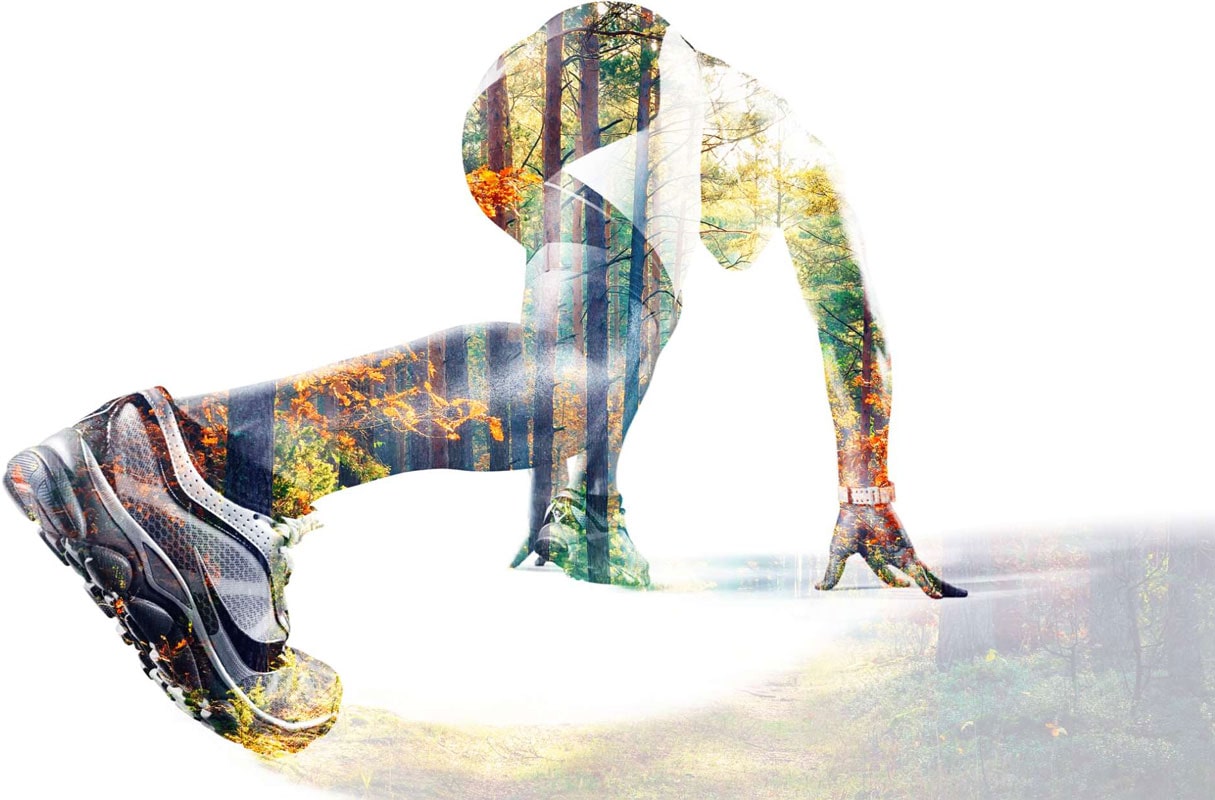Tomás Saraceno: a scientific mind and a creative soul. Looking to the visionary work of one of the top contemporary artists to create a new behavioural ethics.
Sport is a universal language that brings together populations, cultures and genders. A powerful, direct language that expresses values recognised all over the world, regardless of age, sex, origins, beliefs and opinions.
Based on this premise, in 2017 UNESCO launched the Kazan Action Plan, a global agreement that combines sports policies with the Sustainable Development Goals. Indeed, practising sport is relevant for many of the goals set: it guarantees a healthy life and promotes wellbeing, quality education, gender equality, economic growth and decent work, reduces inequality between countries, makes cities more resilient, safe and sustainable, and finally, promotes peaceful societies.
Playing sport and sport as a spectacle. The two macro-systems of the sporting world generate not only enormous turnover, but also engagement from all parts of the population: athletes, fans, spectators, professionals, amateurs, providers of products and services.
Sport has always played a fundamental role in our culture, both social and familial, thanks to its educational function. As a reflection of our society, it is able to teach virtuous models for life and codes of conduct.
One of the values most closely linked to the practice of sports is the concept of discipline: indeed, in order to take part in training sessions and competitions, it is necessary to live a balanced, moderate, healthy life. As a vehicle for inclusion, togetherness and participation with a fundamental role in society, sport is a school of life that never stops teaching us new lessons. The common feeling of belonging and participation is a powerful weapon that, little by little, can create change, encouraging more economic and social cohesion, and also more integration between different sections of society.
It is for this very reason that sport is a privileged channel through which to act and communicate on sustainability, and it is in this vein that both medium and long term plans are being carried out in many sports organisations.
The IOC (International Olympic Committee) and the United Nations have a shared goal of making the world a more peaceful and sustainable place. For the IOC, this means guaranteeing that sport plays a fundamental role in promoting education, peace, social inclusion and a healthy lifestyle. And in 2015, when sport was officially recognised as a significant stimulator for sustainable development and included in the United Nations 2030 Agenda, the IOC developed its strategy, setting Sustainability as one of the three pillars of the Olympic Agenda 2020, along with Credibility and Youth. The Olympic Agenda 2020+5 is the new plan that regulates the next 5 years, and adds a few key trends to the five main areas (infrastructure and natural sites, supply and management of resources, mobility, workforce and climate): Solidarity, Digitalisation, Sustainability, Credibility, Economic-Financial Resilience.

FIFA, the international federation that regulates football, started to concern itself with sustainability in 2006, using carbon offsetting programmes during the World Cup in Germany. Since then, it has undertaken a wide range of initiatives in the environmental and social sectors, gradually developing new standards that facilities must respect in terms of energy and water consumption and waste management, and introducing regulations for employment and business ethics.
Football for planetary initiatives is a programme, promoted by FIFA, which aims to minimise the negative impact of activities and tournaments and use competitions as a tool to build awareness of environmental issues: waste, energy, transport and climate change.
UEFA, the European Football Federation, has also implemented its own Football Sustainability Strategy 2030, Strength through Unity, which aims to inspire, enable and accelerate collective action that works towards respect for human rights and the environment in the context of European football, until 2030.

But there are already many sports organisations all around the world that focus on sustainability. The Amsterdam stadium, thanks to its 4,000 solar panels, a wind turbine and a complex collection system, is not only self-sufficient, but also produces energy for homes nearby. In Glasgow, the stadium that hosts matches for the Scottish national team, Hampden Park, has reduced its water consumption by 35%; in Spain, Real Madrid trains on 11 new artificial fields that make use of new generation turf that needs no irrigation. In London, the new Tottenham Hotspur stadium has banned the use of single-use plastic, and only biodegradable plastic will be used. In the capital of Qatar, for the occasion of the 2022 football world cup, the first ever zero-emission stadium has been built, which is able to exploit solar energy to generate fresh air.
In the United States, a particularly virtuous model is spreading: the organisers of sports events must acquire a green badge certification and prepare a "Sustainability Report", both to attract sponsors and athletes and to receive funding.
In Italy, too, CONI is collaborating with ASviS to implement tangible actions for sustainability as part of its programme plan. On the occasion of the Italian Tennis Open in Rome, an online map was published that showed how to arrive at the Foro Italico without any impact on the environment, and a waste differentiation project was presented for the Giro d'Italia.
There are many startups and initiatives committed to making sports activities more and more carbon free: modular systems, the use of renewable energy and the creation of LED lighting systems are just a few of the innovations future facilities are relying on, aiming to alter the bio-physics of the planet less and less.
The innovative use of container architecture (modular structures for paddle tennis with no cement, easily removable) has been included as one of the 10 most surprising green innovations in the world. And there are more: surfboards made from recycled plastic; tennis balls with a rubber core, which last a lot longer (Triniti); volleyball nets made from fishing nets recovered from the ocean (Good Net project); a basketball court in Hong Kong made from twenty-thousand used running shoes, and a hockey pitch, developed for the Tokyo Olympics, made of cardyon, a unique material made from 20% carbon dioxide, which acts as a bond between the surface and the components underneath.
In these cases, the binding element of administration is fundamental.
While the pairing of sport and environment has gained more and more importance over the years, to the extent that it has changed the strategies of athletes and sports companies, local and central administrations are committed to guaranteeing, in collaboration with citizens and sports organisations, the diffusion of a sporting culture with an ecological footprint aimed at pushing the population to rediscover a new style of life that promotes wellbeing, health, and a relationship with nature.

Tomás Saraceno: a scientific mind and a creative soul. Looking to the visionary work of one of the top contemporary artists to create a new behavioural ethics.
Educating the very youngest in sustainability, and cultivating their enormous potential.
This is how teachers can contribute to change.
